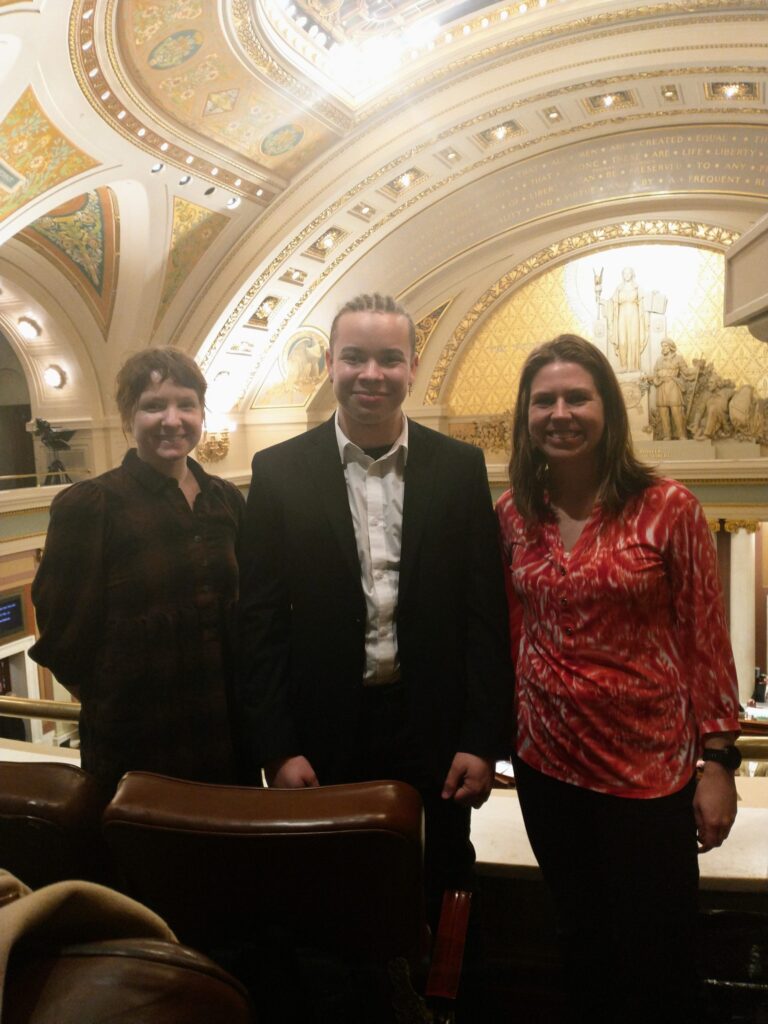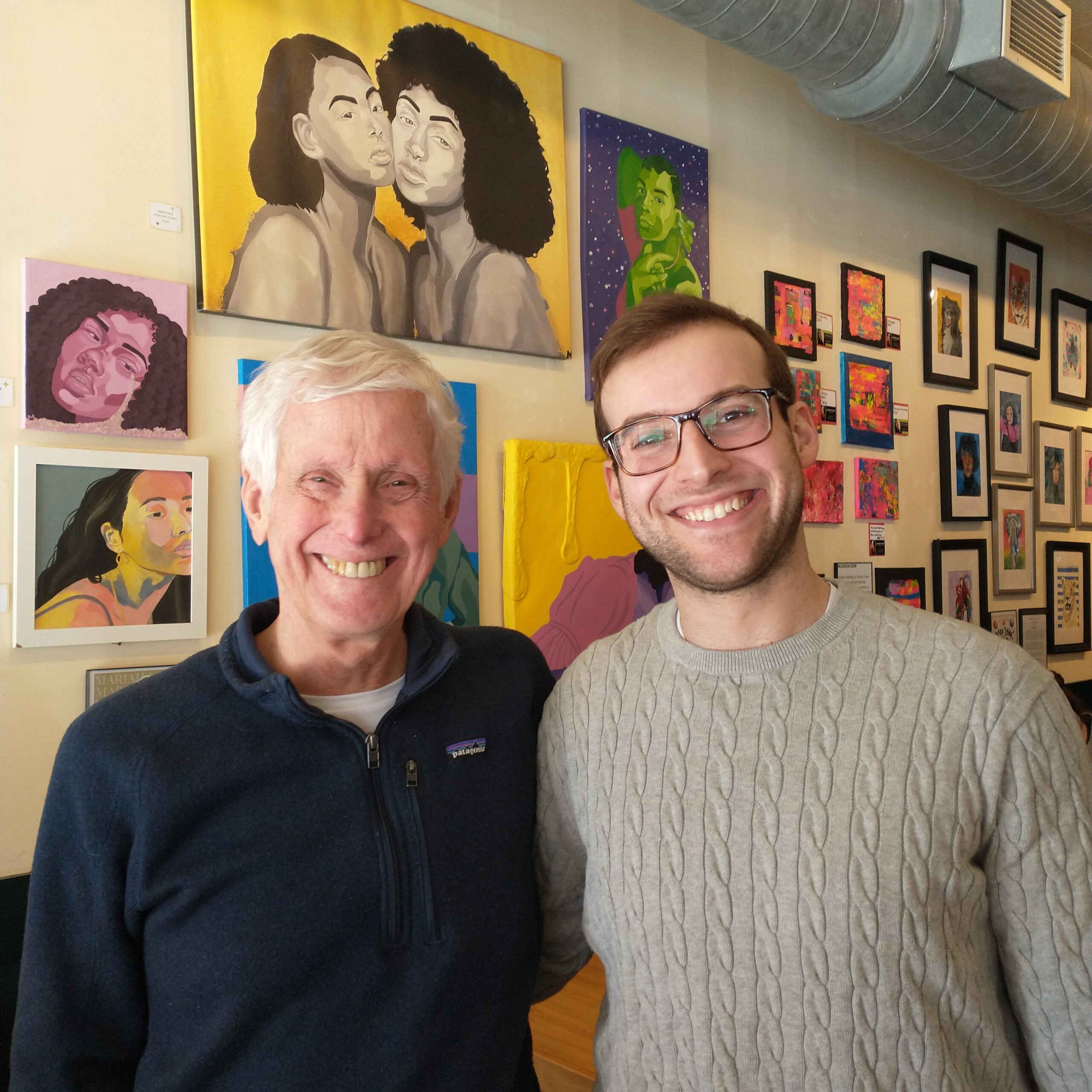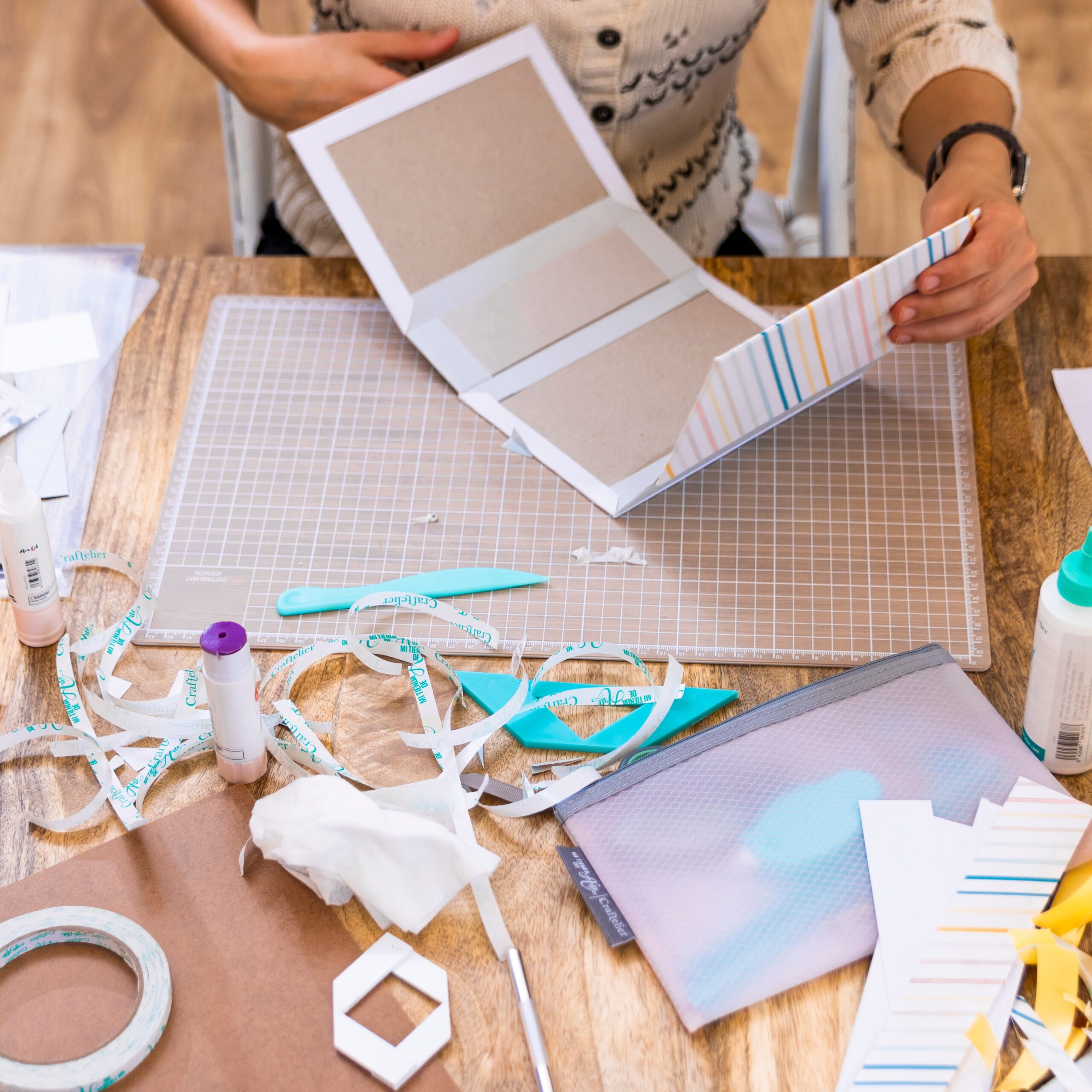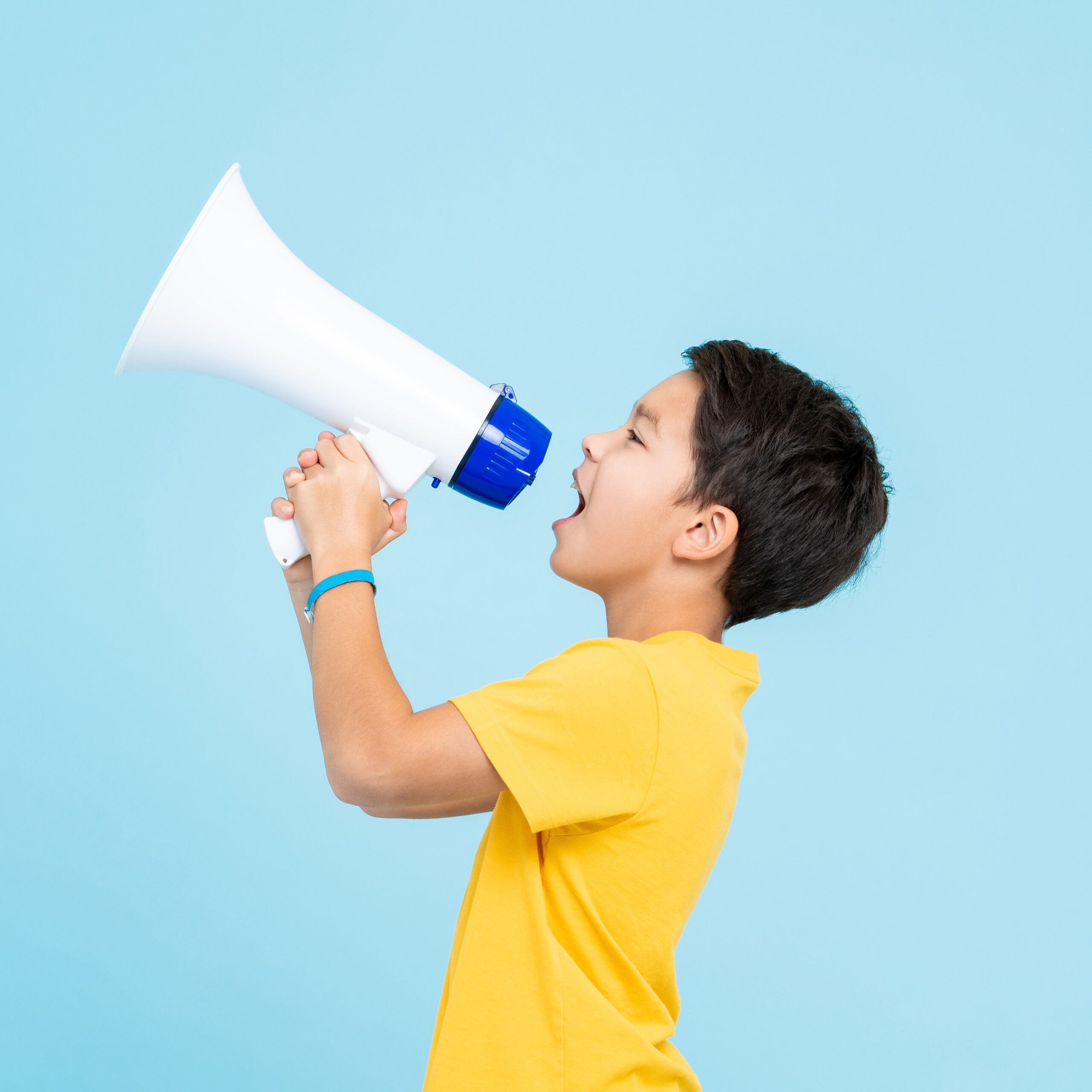My interest in this internship was fueled by my love for early childhood education and deeply held belief that we have a civic duty to support young children and their families. I have worked as an early childhood educator and have a background in developmental science, but I had no experience following Minnesota’s legislative process and was eager to make connections between practice, research, and policy. This was an exciting and unusual session to follow, and I’m leaving the experience with knowledge of the legislative process and the hope that Minnesota will continue to invest in our youngest and most vulnerable learners.
Coming into this internship, I had several nagging questions about how research effects policy change: “How do we translate research for broader audiences?” “How do legislators talk about developmental science?” Previous experiences made me feel like the worlds of practice, policy, and research were siloed apart from each other, but when I attended my first Senate hearing in February, Dr. Megan Gunnar, a University of Minnesota Professor and Think Small Board Member, gave a high-level overview of adverse childhood experiences (ACEs) and their impact on executive functioning skills. I was delighted to see the connections between cognitive development, emotional regulation, and caregiver behaviors discussed among policymakers, and the hearing made me optimistic about the ways research can inform policy.
In education, strong relationships with teachers, peers and family members support children’s ability to learn and feel supported in their environment. I learned that relationships carry the same weight in the policy landscape, since organizations partner with each other to push policy initiatives, share resources, and support legislation. When we met with Todd Otis he echoed this sentiment, citing that his ability to foster and maintain relationships with his constituents was one of his strengths as a legislator. Regardless of one’s role within early childhood education, relationships serve as the foundation from which we grow and effect necessary change.
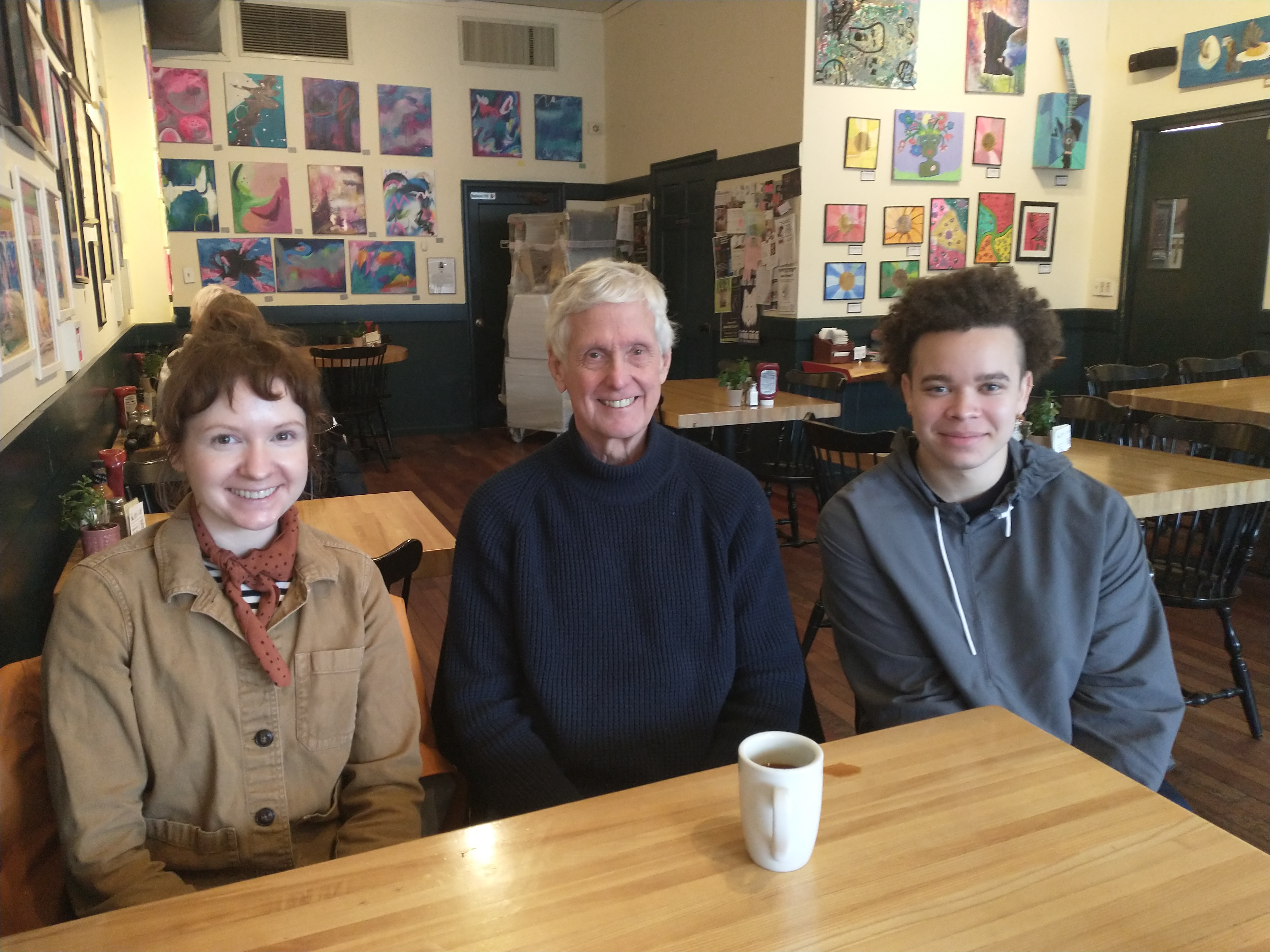
I plan to continue expanding upon the knowledge I developed throughout this experience. Specifically, I want to continue following legislative sessions to further support my understanding of the legislative process as it relates to early childhood, because I don’t think it’s intuitive or transparent to many people and this can be a barrier to engagement. When I initially laid out the goal to understand Minnesota’s legislative process, it was to support my understanding of how policies move through the legislature, but I now want to clarify my knowledge so that I can share it with others who want to pursue or engage with policy advocacy. If more people understand how the legislative process works, more people can bring their voices and experiences to the legislature to effect policy change.
I whole-heartedly recommend this internship to a self-directed individual looking to engage with early childhood policy advocacy at the state level. While learning about the legislative process was a steep learning curve for me, it was instrumental for my understanding of how specific bills would impact children, families, and caregivers. I would also encourage anyone to pursue this opportunity even if they don’t see themselves working in public policy, because it’s important to understand how policy impacts our classrooms, organizations, and communities as they support young children and families.
By Maggie Zepp, Todd Otis Public Policy Intern
